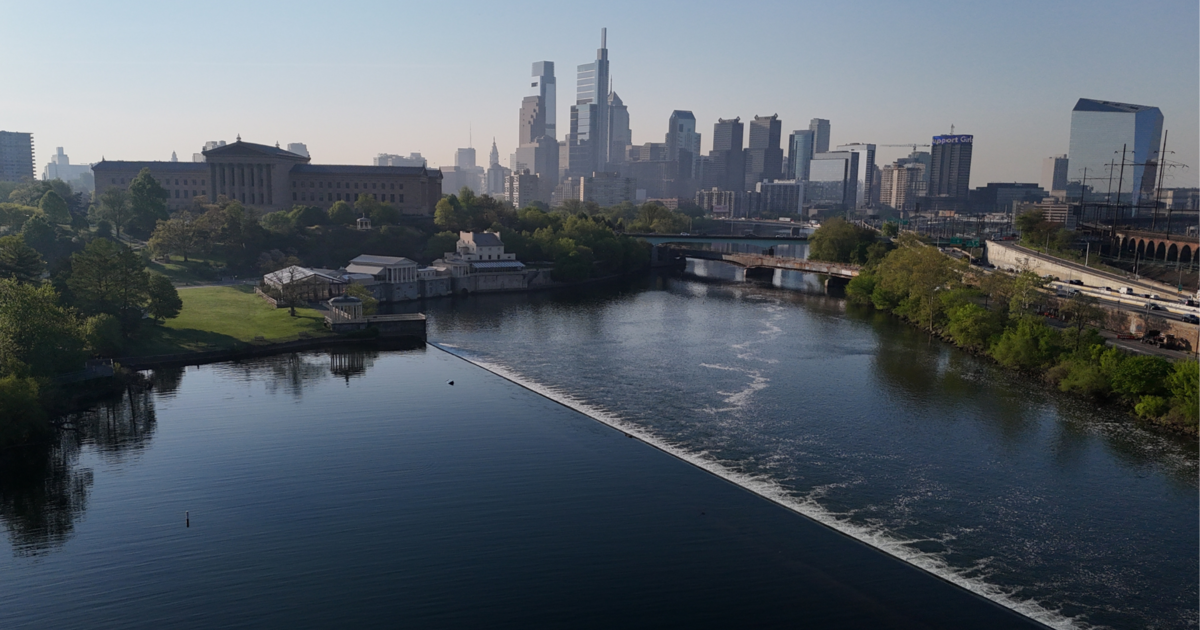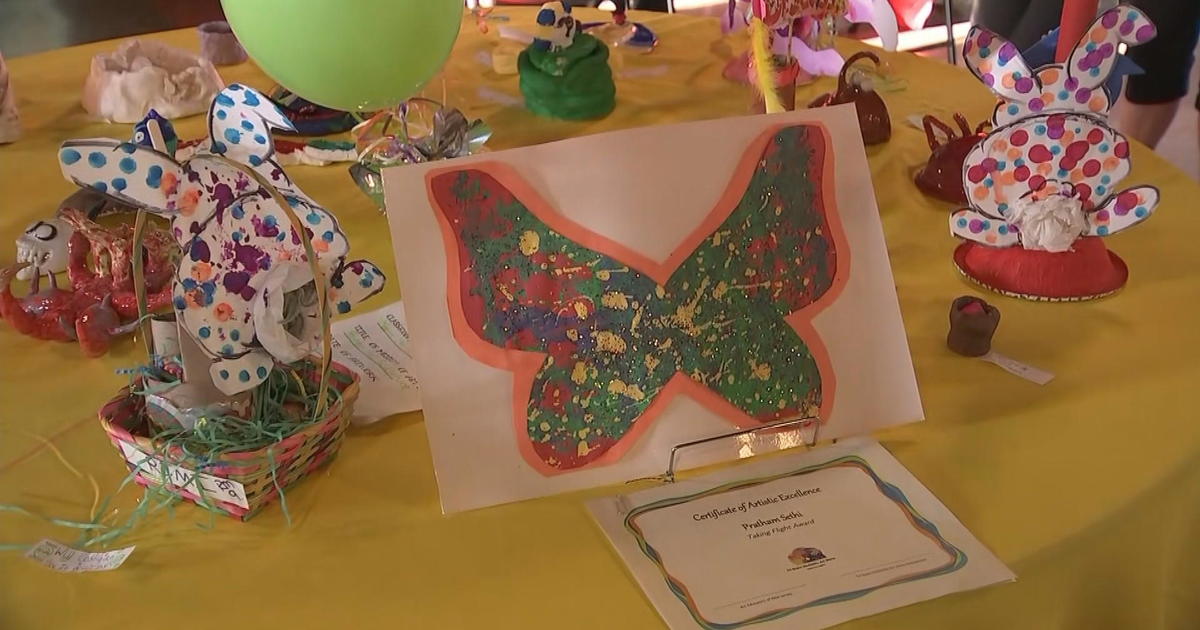Harmful algal blooms threaten New Jersey waterways used for drinking water
TRENTON, N.J. (CBS) -- New Jersey waterways are experiencing a spike in harmful algal blooms (HABs) that threaten waterways used by municipalities for drinking water, according to the New Jersey Department of Environmental Protection (NJDEP).
HABs look like spilled paint or surface scum.
It used to be called blue-green algae, but NJDEP's Vic Poretti said they act more like bacteria.
"They're harmful to people," Poretti said. "When they grow in large quantities, their cells can irritate the skin, cause flu-like symptoms."
As carbon emissions warm up the planet's temperatures, it also heats up waterways, which allows HABs to thrive.
According to NJDEP, the number of waterbodies with confirmed HABs spiked more than 30% since 2017.
"It threatens our drinking water. It threatens our recreation and our local economies," NJDEP's Kati Angarone said. "That can threaten tens of thousands of people."
Many people get drinking water from the very waterways where HABs could form.
Angarone said a few years ago, NJDEP had a "near-miss" when a nine-mile HAB formed in the Millstone River, which provides drinking water to tens of thousands of people in Central New Jersey.
"We had to act quickly," Angarone said. "We had to bring in technical experts and work with our partners to really make sure that we were mitigating the situation and treating the drinking water appropriately."
NJDEP has an online monitoring tool, where people can alert the state if they see any HABs forming in places like Rosedale Lake.
Bill McGarry often fishes at the lake, and he remembered when the lake shut down a few years ago because of a HAB.
"It's a change in our environment," McGarry said. "It happens all the time."
While chemical substances like algaecides can be used to kill off HABs, according to NJDEP, the most effective prevention is to eliminate the sources that feed HABs like runoff and fertilizers.
"Try to keep the water clean, that's it," McGarry said. "So we can all go fishing again!"




